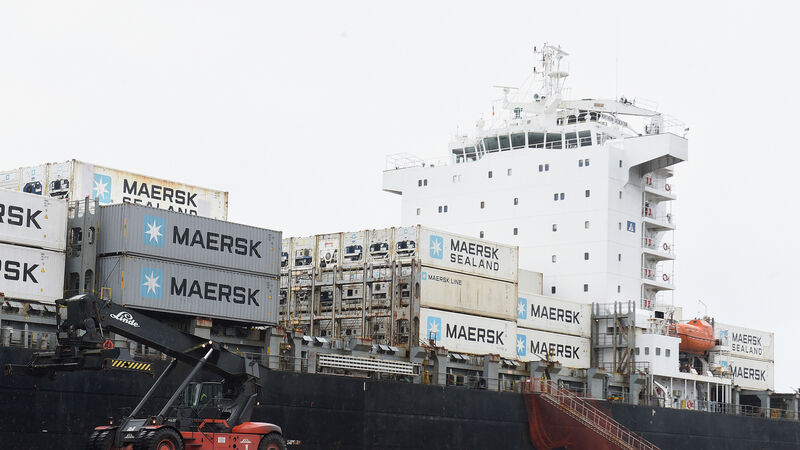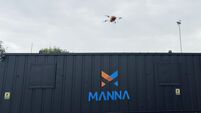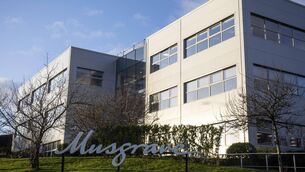Maersk sees no sign of freight market easing this year

Shortages of container ships and logjams at ports at a time of high consumer spending have sent the cost of transporting freight to record levels. File picture: Larry Cummins
Danish shipping giant AP Moller-Maersk sees no indication that the current red-hot shipping market will lose steam this year, its chief executive said.
Maersk lifted its 2021 outlook again this week, riding the rise in freight rates that has resulted from a congested global supply chain.












